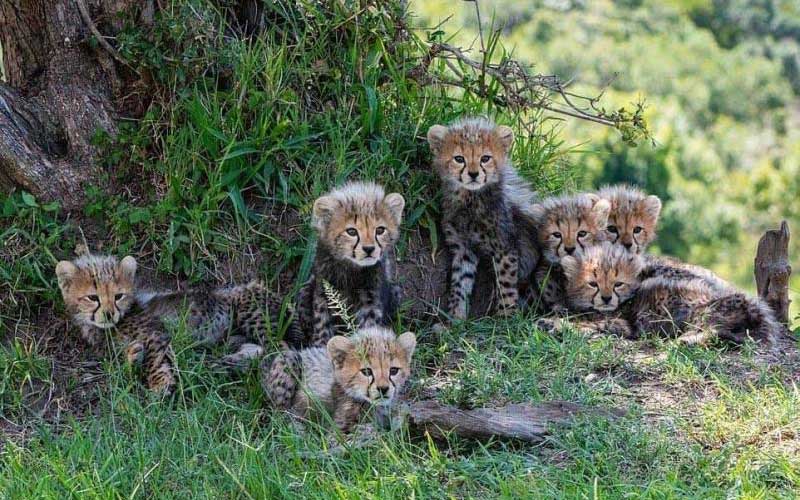×
The Standard e-Paper
Stay Informed, Even Offline

A cheetah in the Masai Mara that recently gave birth to a record seven cubs has gotten human help to keep the septuplets alive.
The feline joined a rare league of cheetahs that have birthed a giant litter in the wild where the average litter size is between three to five cubs.